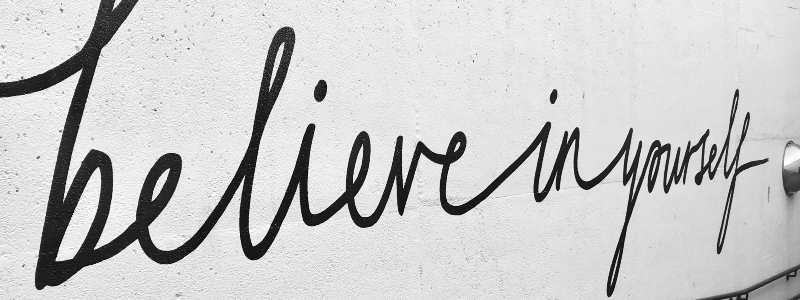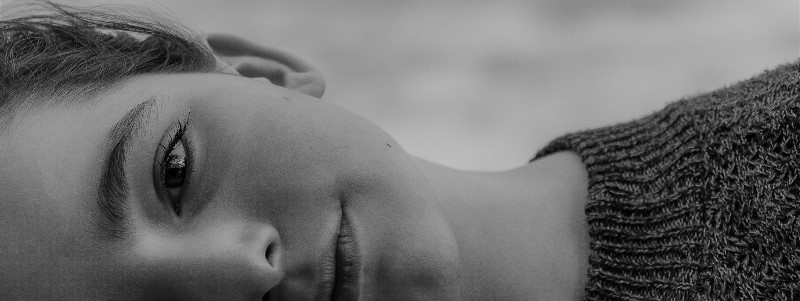As we step into the new year, many of us are eager to set resolutions and make positive changes in our lives. However, we often find ourselves struggling to stick to these goals. This year, lets explore how acceptance and commitment therapy (ACT) can guide us in setting meaningful resolutions and empower us to take actionable steps towards a more fulfilling life.
Understanding ACT therapy
ACT is a mindfulness-based therapeutic approach that focuses on accepting what is beyond our control, committing to actions aligned with our values, and fostering a more flexible and open mindset. Applying ACT principles to our new year resolutions can lead to sustainable changes and improved well-being.
Tips for setting meaningful resolutions:
1. Practice self-compassion: Instead of setting unrealistic and perfectionistic goals, embrace self-compassion. Understand that setbacks are a natural part of the journey. When we approach ourselves with kindness and understanding, we create a supportive environment for growth.
Actionable tip: Develop a daily self-compassion practice, such as journaling positive affirmations or engaging in mindful self-reflection. For instance, when facing a setback in your resolution to exercise regularly, practice self-compassion by acknowledging that life can be challenging, and setbacks do not diminish your worth. Journal about what you learned from the experience and how you can adjust your approach moving forward.
2. Clarify your values: Identify your core values and use them as a compass for setting resolutions. What truly matters to you? Whether its fostering connection, personal growth, or well-being, aligning resolutions with your values ensures a deeper sense of purpose.
Actionable tip: Create a values-based vision board or journal to regularly revisit and reinforce your core values. If one of your values is connection, set a resolution to nurture relationships. For example, plan regular coffee dates with friends or family members, fostering meaningful connections and aligning your actions with your values.
Also consider combining goals, such as taking family walks to get more active together. This not only fosters a sense of togetherness but also aligns with your commitment to a healthier lifestyle.
3. Set process-oriented goals: Shift your focus from outcome-based goals to process-oriented goals. Instead of fixating on the end result, emphasize the actions and behaviours that lead to progress. This approach fosters a sense of achievement and motivation.
Actionable tip: Break down larger goals into smaller, manageable tasks, and celebrate each step of the process. For instance, if your resolution is to write a book, set a process-oriented goal of writing a certain number of words each day. Celebrate milestones, such as completing a chapter or reaching a word count goal, to stay motivated and focused on the process.
4. Cultivate mindfulness: Incorporate mindfulness practices into your daily routine to enhance self-awareness and presence. Mindfulness can help you observe your thoughts and feelings without judgment, allowing for more intentional decision-making.
Actionable tip: Dedicate a few minutes each day to mindfulness exercises, such as deep breathing, meditation, or mindful walking. When faced with a challenging decision related to your resolutions, practice mindfulness by taking a pause. Observe your thoughts and emotions without judgement, allowing you to respond in a way that aligns with your values and long-term goals.
5. Embrace flexibility: Life is unpredictable, and circumstances may change. Instead of rigidly sticking to a plan, be open to adjusting your approach based on new information and experiences. Flexibility enhances resilience and adaptability.
Actionable Tip: Regularly reassess your goals and be willing to modify them as needed, acknowledging that flexibility is a strength. For example, if your resolution involves a specific fitness routine and an injury occurs, be flexible in finding alternative activities that align with your values, such as swimming or yoga. Adapting to change while staying true to your overarching values ensures a more sustainable and fulfilling journey.
As we embark on this new year, lets approach resolutions with a fresh perspective – one rooted in mindfulness and acceptance. By integrating ACT principles into our goal-setting process, we can cultivate a more resilient and purposeful life. Remember, the journey is as important as the destination, and every small step counts.
Here’s to a mindful and fulfilling new year!
Lucie Ramet works Mondays and Fridays from our Brighton and Hove practice, She also offers online sessions.





